Everyone thinks of changing the world, but no one thinks of changing himself
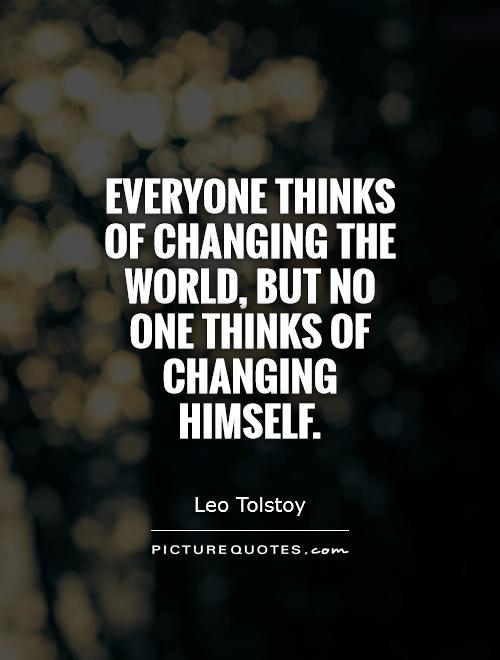
Everyone thinks of changing the world, but no one thinks of changing himself
Leo Tolstoy, the renowned Russian writer and philosopher, once said, “Everyone thinks of changing the world, but no one thinks of changing himself.” These words hold a profound truth that resonates with individuals across all walks of life. In the context of Tolstoy’s philosophy and teachings, this quote serves as a powerful reminder of the importance of self-reflection and personal growth in the pursuit of creating positive change in the world.Tolstoy believed that true transformation and progress in society could only be achieved through individual introspection and self-improvement. He argued that before one could hope to make a meaningful impact on the world, they must first strive to better themselves and cultivate virtues such as compassion, empathy, and humility. By focusing on personal development and moral integrity, individuals can become beacons of light and inspiration for others, leading by example and effecting change from within.
In today’s fast-paced and interconnected world, it is easy to become overwhelmed by the myriad of social, political, and environmental issues that plague our society. Many people are quick to point fingers and assign blame to external forces, without taking the time to examine their own beliefs, actions, and contributions to the problems at hand. Tolstoy’s words serve as a wake-up call, urging us to look inward and confront our own shortcomings and biases before attempting to tackle the larger issues that confront us.
By embracing Tolstoy’s philosophy of self-improvement and personal responsibility, individuals can become agents of positive change in their communities and beyond. Through acts of kindness, generosity, and selflessness, we can create a ripple effect that spreads far and wide, inspiring others to follow suit and work towards a more just and compassionate world.


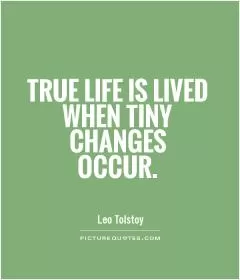
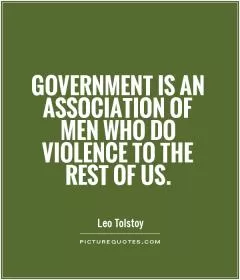




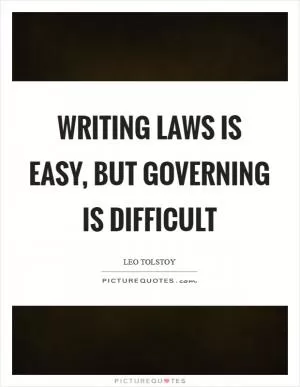
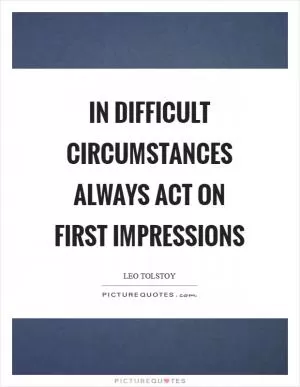
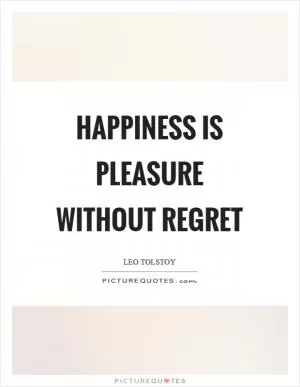
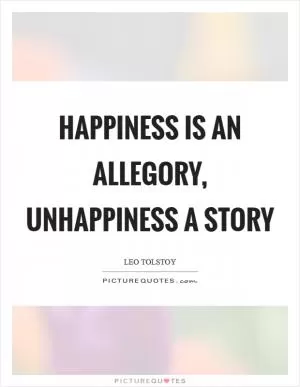
 Friendship Quotes
Friendship Quotes Love Quotes
Love Quotes Life Quotes
Life Quotes Funny Quotes
Funny Quotes Motivational Quotes
Motivational Quotes Inspirational Quotes
Inspirational Quotes